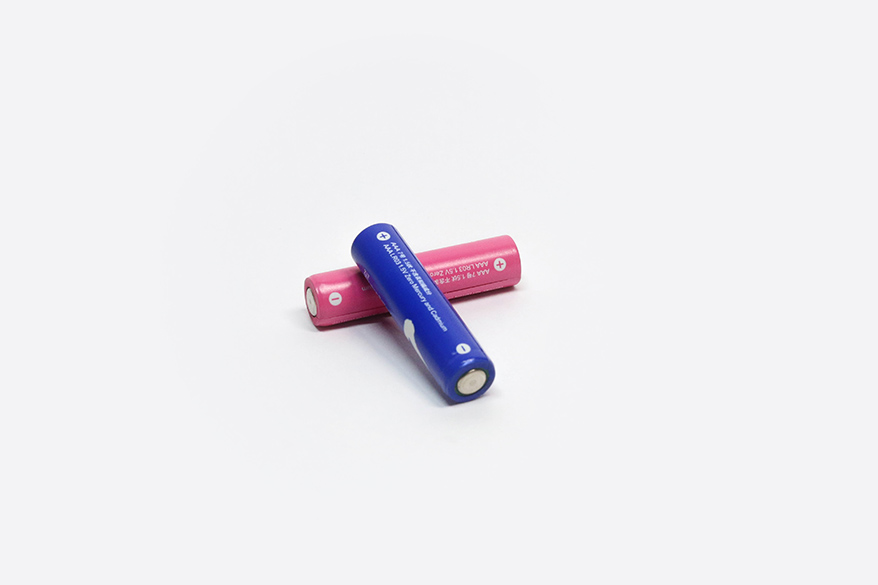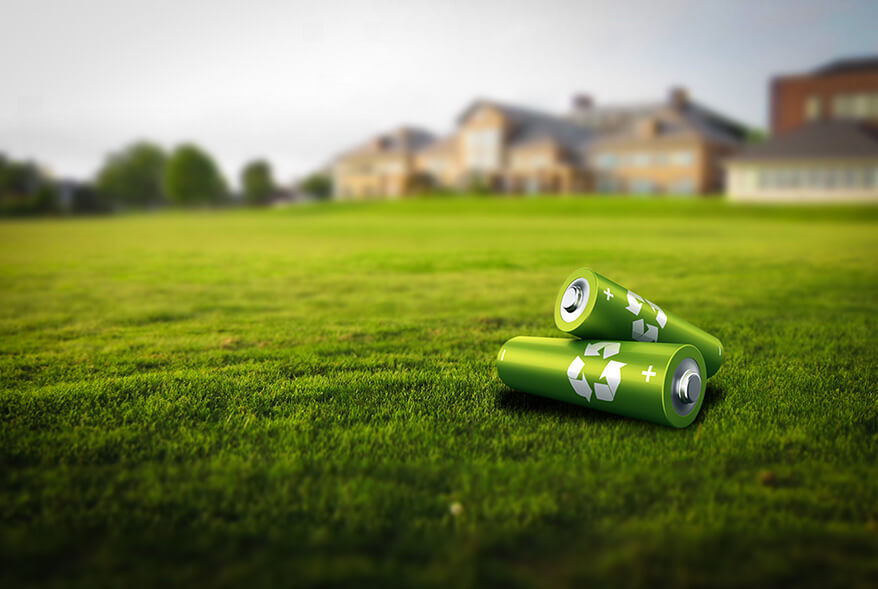Is rechargeable lithium ion battery good for medical devices?
Mar 17, 2020 Pageview:858
The current world is constantly changing and in the fields of science and technology, experts are working without stopping to create new ways to obtain energy.
This has concluded in the born of new types of power sources, such as lithium ion batteries. These are constantly updated to offer people smaller but more potent models.
Besides the physical requirements, it’s wanted that the batteries last for the longest time possible, because this means that they have a long lifespan and they won’t have to be changed as frequently as other types.
Among all of the types of batteries, lithium ion models are considered one of the best options for medical devices. This is due to the fact that they have a series of features that characterize them and make them stand out from others on the market.
When it comes to their size, lithium ion batteries offer the buyer a wide variety of choices. They can be very tiny to power small devices, especially in the field of bioengineering.
Because of their frequent small size and little weight, they are many people’s favorites. At the same time, they have a long life because of their high energy density.
This gives them a lot of benefits when it comes to purchasing them for specific needs, for example, for supplying energy to medical devices.
What kind of battery is good for medical devices?
What we understand as medical devices is a big quantity of items that help in the curing and maintaining of people’s health.
For example, a medical device can be a defibrillator, a machine used to deliver a dose of an electric current to the heart when this has stopped.
Nonetheless, another example of a medical device is a minuscule hearing aid used to help someone listen properly. Therefore, items like these come in all shapes and sizes, because they’re designed to help with a lot of things.
This means that their electric source has to be as versatile as their size. Because of that, miniaturized batteries that last longer are the preferred choice on the market.
Thankfully, lithium ion batteries are a perfect choice for this kind of purposes, because they’re specifically manufactured to last long, containing power on a small case that can fit inside any medical device. At the same time, they have a long lifespan, which is also a great advantage.
Therefore, lithium ion batteries are many people’s favorite choice because of their ergonomic design, small size, little weight, long lifespan and adaptability of their chemistry. This last characteristic provides the battery with the chance of adapting to extreme temperatures (whether they’re high or low), which are required for many medical items.
How does rechargeable lithium ion battery work in medical devices?
When it comes to popularity, lithium ion batteries have soared over the last couple of years. This is due to many reasons, but mainly because of their advantages when it comes to lifespan, ability to provide power, low weight, and small size.
On the other hand, regarding their action inside medical devices, batteries made of lithium ion (also known as Li-ion batteries) are preferred because thanks to their specific chemical composition, they deliver the best source of energy within the circuit voltages of a specific size, which allows the miniaturization of products.
In other words, the chemistry within lithium ion batteries works in such a way that the energy is transmitted on the small size, so the different medical devices can be manufactured in a miniature way.
What kinds of medical devices can use a rechargeable lithium ion battery?
This type of battery is frequently used to give power to a wide variety of devices with medical purposes, such as the following:
Hearing aids
Glucose monitor
Neurostimulation devices
Surgical tools like drills and headlights
Respiratory assistance
Medical defibrillators
Remote monitoring devices
Monitors
Prosthetic devices
Meters
Infusion pumps
Devices to enhance patients’ mobility
Several types of medical robots
Medical carts and beds that use power sources
Pacemakers
Analyzers for medical samples like blood
In a more specific way, we can describe the way lithium ion batteries work in some medical tools. Likewise, the following are illustrative examples in order to understand the functioning of these power sources:
1.Surgical drills that require very high-current pulses, though no background currents: these are designed with lithium ion cells in order to have an ergonomic solution to the power source issue. Thus, these types of batteries deliver high-current pulses that can go up to 15 Amps.
2.Stimulators of bone growth that require low continuous currents: these are devices used to stimulate bone growth in people that have suffered fractures. The medical items are located on the place where the fracture happened, and they deliver an ultrasound that consists of energy powered by lithium-ion batteries. On these cases, the weight of the device is one of the most important traits, because they are worn by the patient on the place where the injury occurred.
3.Defibrillators: like we previously mentioned, these are devices used to restore the patients’ normal heart rate when they have a cardiac arrest. The most frequently used are Automatic External Defibrillators (AED), which can be located on any public spaces, which means that the batteries must be able to last long as well as endure temperature changes.
It’s well known that scientists work every day to create new technologies that improve every area of the human being’s functioning. Regarding this, matters that concern health are no exception – on the contrary, their one of the main areas that experts want to improve.
Because of this, the creation of new and more useful batteries is very important, because they provide power sources that can help in the implementation of new devices; such as the ones used in medicine.
The aforementioned examples are just a taste of what the medical world uses to aid patients in their recovering, but they’re definitely not the only ones. The battery area is a universe that’s in constant expansion, and lithium ion types are improving day by day.
Leave Message
Hottest Categories
-
Hottest Industry News
-
Latest Industry News












